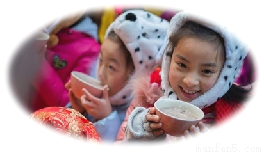��Ŀ����
������Ӣ�������ɺ���,����������Ӣ�
1.The Belt and Road has increased the communication among the countries in a rapid way.
_______________________________________________________________________________
2.No matter how hard your situation is, you had better not lose heart.
_______________________________________________________________________________
3.����һ��������ͷɻر�����(as soon as)
_______________________________________________________________________________
4.ȥ��������̻���үү��������ֻ��� (how to do)
_______________________________________________________________________________
5.��ʱ��ҵ̫�ѣ�����ѧ����������(too...to...)
______________________________________________________________________________
�������Lily�������������ʾ��дһ������ʼ������������Simon�����Լ��������
���� | Lily | ���䣺14 | ѧУ��������ѧ | �༶�����꼶���� | ����:�й� |
��ò | �߸������������� | ||||
���� | ���飬����� ����Ϊ���� ���������ͼ��˹ۿ�������� | ||||
ѧУ��� | ����ȥƯ��������(�������㣩 ��Զ��ÿ�������г�ȥ��ѧ | ||||
δ���ƻ� | ���Ϊ�����˶�Ա�� ϣ��������� |
Ҫ��1�������������˼���ᣬ���ͨ˳�������ȷ��
2���������ʵ��������������������������Ҫ�㣻
3��80������(��ͷ�ͽ�β�Ѹ������������ܴ���)��
Dear Simon,
All the best,
Lily


